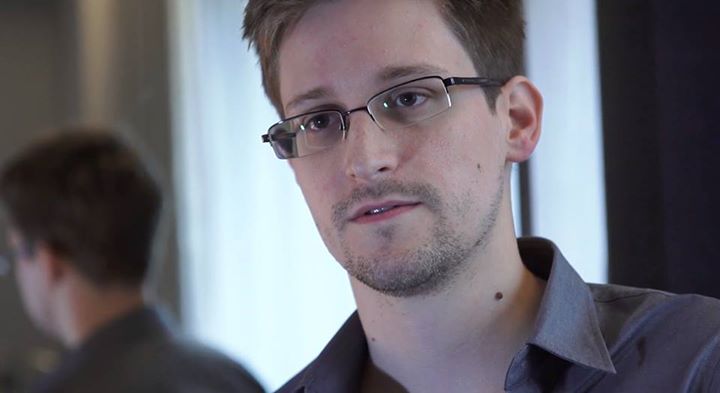
The U.S. surveillance machine is thwarting Amnesty International USA’s ability to protect people from human rights violations: including governments that torture, kidnap and extrajudiciallly kill people for their non-violent protest, dissent and activism.
That’s why Amnesty International USA is in court today, represented by the ACLU–because in a world under threat of constant, all-encompassing surveillance, our work to protect human rights is made much harder.
Here are 8 facts you need to know about how Amnesty International works – and why mass surveillance harms our ability to protect human rights:
1. Amnesty International bears witness to brutality, violence and atrocities. We send researchers into conflict zones. We are on the ground in places throughout the world to collect evidence of human rights abuses.
We ask people to tell us the horrors they saw – whether they are the witnesses or the lone survivors.
2. These people – our sources – are often taking a personal risk by talking to us. Our worst fear is that they could be retaliated against – by police, intelligence or security forces who found out they spoke to us.
It is for this reason that we take precautions to ensure the confidentiality of our communications and their identities.
3. But in a world of mass surveillance by the U.S. government, our precautions may not provide enough protection to our sources.
When Edward Snowden was asked if the U.S. spied on “highly sensitive and confidential communications” of human rights organizations including Amnesty International, he responded: “The answer is, without question, yes. Absolutely.” And the U.S. government has never officially denied Snowden’s allegation.

4. Even putting that aside, the sheer enormity of the U.S. surveillance machine can cause our sources to fear they can’t talk to us without being put under U.S. surveillance.
And the U.S. shares troves of information with foreign governments. In other words, by talking to us, our sources are placed on the radar of the very same abusive governments about which they were reporting—including governments that have records of killing dissidents, or throwing them into incommunicado detention and torturing them with impunity.
5. If our sources don’t trust that we can protect the confidentiality of our conversations—protect them from surveillance, and thereby protect them from retaliation by their governments—they may understandably choose not to talk to us.
6. And if our sources fear they can’t talk to us, we can’t do our work—to document what they saw, to tell the world, to campaign and put a stop to further human rights abuses.
7. There’s another risk – to Amnesty International USA. Even if our sources do talk to us, our emails and Skype calls are likely under surveillance by the U.S. government—thanks to its expansive interpretation of U.S. legal authority.
When an Amnesty International researcher emails an Amnesty International USA advocate in Washington D.C., for example, about his interview with witnesses of a U.S. drone strike, the U.S. government could collect and very likely read that email. The same could happen to privileged client-attorney communications.
8. Some people might say, “So what?” But, imagine if the government had a five-month heads up on every piece of investigative journalism or potential exposé. Imagine how it might cover its tracks – and cover up its abuses.
Now imagine that surveillance was just a part of a Global, Forever War: imagine it was just one of several government powers practiced with extreme secrecy, premised on impunity for abuses, and kept permanent by design.
That is the grim reality we are fighting against – that is the reality we are challenging in court today.
Take action: Tell President Obama to Stop Surveillance Secrecy
Espionage is a very important issue in today's society, and those people are assuming a lot of risks to help the authorities to solve some cases.
Essential to meeting you hear the cries of my people and the tragedy in Iraq and Syria – we wrote Foalr we move to the conscience of the decision-makers in the world about the suffering of the peoples of the inherent killing, destruction and extinction – even provoked destroyed and stolen
to when will Suffer the peples in Syria, the peples are kill and refugee, to when?